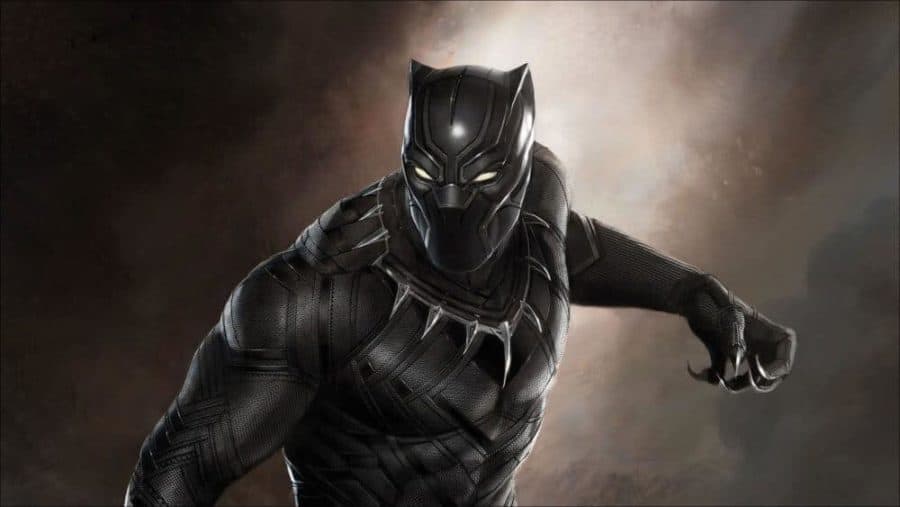Despite the persistent notion in Hollywood that films starring people of color aren’t marketable to a broad audience, the success of Black Panther — a Marvel movie starring a Black superhero and with an almost entirely Black cast — provides a clear counterexample, having grossed $1.3 billion worldwide.
New research from the Annenberg School for Communication at the University of Pennsylvania and Michigan State University offers insight into why the success of Black Panther may not be an outlier. Published April 26 in the Journal of Advertising Research, the study surveyed 1,900 White and Black adolescents ages 14-17 about their movie preferences. The study found that Black adolescents perceived Black-oriented content as being targeted at them and that, surprisingly, White adolescents also felt that Black-oriented content was “for them.”
“I think this study is really timely,” says senior author and Annenberg School Senior Research Scientist Amy Bleakley, “because it reinforces what we’re seeing right now with films like Black Panther and A Wrinkle in Time; showcasing characters of color is not negatively affecting the bottom line, and in addition to being culturally beneficial, may prove to be financially so as well.”
In previous research on how media content affects teens, Bleakley and her co-authors Morgan Ellithorpe (Michigan State University) and Michael Hennessey (University of Pennsylvania), noticed that many studies only used media that were marketed to a broad audience, thereby seemingly omitting Black-oriented content and including instead movies and television starring mostly white characters. They were inspired to fill that gap by designing studies that purposefully included Black-oriented content alongside other films when examining how exposure to risk media content affected adolescents’ offline risk behaviors.
For the study, the researchers selected roughly 30 mainstream movies (pulled from Variety’s top 30-grossing films of 2014) and 30 Black-oriented movies — defined as those with Black actors playing at least 50% of the main characters and/or having a strong narrative theme of race, racism, or Black culture — and asked Black adolescents and White adolescents to answer questions about their perceptions of these movies.
While Black adolescents seemed aware that Black-oriented movies were targeted toward Black audiences and mainstream movies were targeted more broadly toward all audiences, White adolescents were not. In fact, White adolescents were just as likely to report a Black-oriented movie as being for all audiences as they were a mainstream movie.
“Media shouldn’t be diverse for diversity’s sake, like with the tokenism and stereotypical ‘representation’ of the past,” Ellithorpe says. “Instead, if diverse content is to be increased — which our study and the recent worldwide success of Black Panther suggest is a good idea — it needs to depict minority characters in a way that is true and meaningful.”
The researchers are hopeful that this study points to the broader potential success of authentic, diverse media that is not watered down or whitewashed. Just as movies predominately starring white characters have been marketed to all audiences, so can be media centering characters of color.
“We are really excited about this study,” Bleakley says, “because we think the results bode well for the future of media production. The results point toward an opportunity for successfully marketing films with diverse casts and inclusive storylines to wider audiences.”

